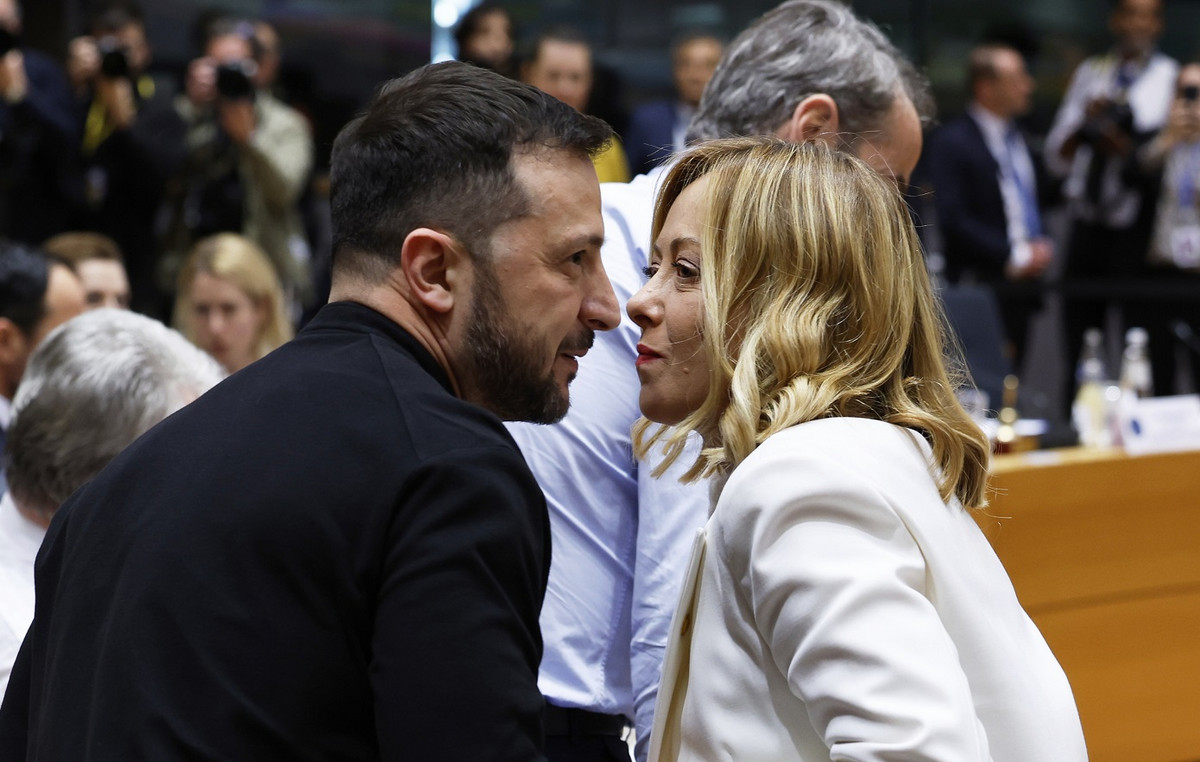O Popular Pharmacy Program from the Federal Government, has been making available for free, since last week, sanitary pads for the socially vulnerable population . The item is available in more than 31 thousand accredited units across the country.
The initiative is part of the actions of the Menstrual Health and Dignity Protection and Promotion Program, which aims to combat inequalities linked to menstrual poverty .
The offer is aimed at low-income public school students, people living on the streets or in extreme vulnerability. People in prison units will also be covered by the program.
See the step-by-step guide on how to remove the pad for free
To receive free sanitary pads at Farmácia Popular's accredited units, you must be a resident of Brazil (natural or foreign), be between 10 and 49 years old, be registered with the CadÚnico (Single Registry) and have a monthly family income of up to R$218 per person .
Students from public institutions may also remove the hygiene item, as long as they are registered with CadÚnico and the monthly family income per person is up to half the minimum wage (R$706) . For homeless people, there is no income limit. Purchases for minors under 16 must be made by a legal guardian.
To remove the absorbent, you need to follow these steps:
- Issue, in digital or printed format, the “Authorization of the Menstrual Dignity Program “, which must be generated via the application or website of “My Digital SUS” (new version of the Conecte SUS application), valid for 180 days;
- Go to an accredited unit of Farmácia Popular (see the list of pharmacies where the item can be picked up);
- Present authorization and an official identification document with CPF number.
If you have difficulty accessing “My digital SUS” or issuing authorization, you can go to a UBS (Basic Health Unit) to obtain guidance from health agents or professionals.
Homeless people can go to Cras (Social Assistance Reference Centers) or Creas (Specialized Social Assistance Reference Center), POP Centers (Specialized Reference Center for Homeless Populations), reception centers and Street Consultancy teams.
Finally, people deprived of liberty in the criminal system will receive the sanitary pads in a delivery coordinated and executed by the Ministry of Justice and Public Security. Distribution is carried out directly in prison institutions.
What is period poverty?
The term “menstrual poverty ” is used to designate lack of access to basic menstrual hygiene items as an absorbent, or to basic sanitation services.
According to data from the UN (United Nations), one in four Brazilian girls misses school during their menstrual period and about 4 million suffer from hygiene deprivation in the school environment (lack of access to sanitary pads, bathrooms and soap).
The term can also be used to refer to lack of access to information and knowledge regarding menstrual hygiene .
Source: CNN Brasil
I am an experienced journalist and writer with a career in the news industry. My focus is on covering Top News stories for World Stock Market, where I provide comprehensive analysis and commentary on markets around the world. I have expertise in writing both long-form articles and shorter pieces that deliver timely, relevant updates to readers.







